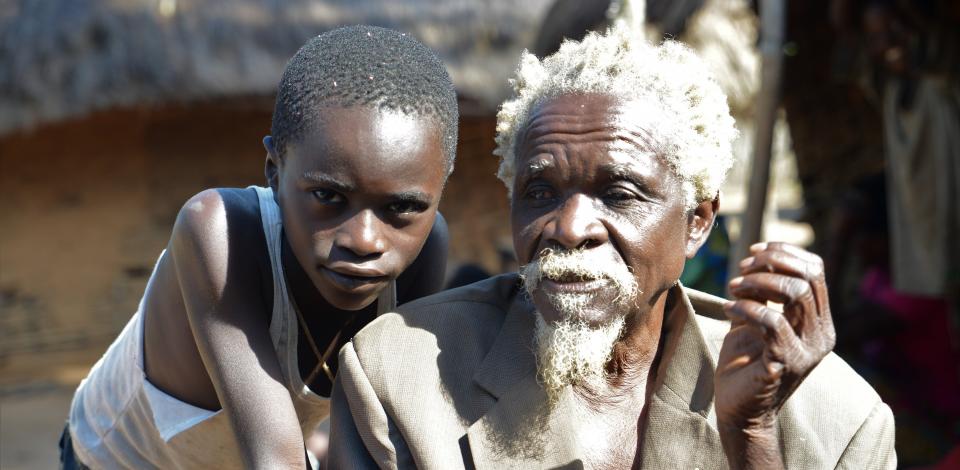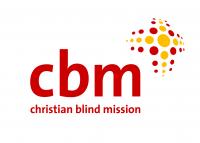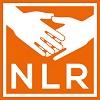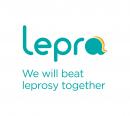
Introduction
Many people affected by Neglected Tropical Diseases (NTDs) are not treated in time or are not treated at all and suffer from severe complications, impairments and disabilities. These complications can often lead to stigma and discrimination. A significant proportion may develop poor mental wellbeing, or mental conditions such as depression and / or anxiety, which is often compounded by experiences of exclusion and discrimination.
These Guides on Stigma and Mental Wellbeing are a co-production of the International Federation of Anti-Leprosy Associations (ILEP) and the Neglected Tropical Disease NGO Network (NNN). They were comprehensively rewritten during 2019 to incorporate improved insights, align with current evidence, and make mental wellbeing an integral component of the series. The writers include specialist researchers, NGO staff, mental health professionals, policy makers, programme managers and people personally affected by NTDs.
The Guides provide best practice information and recommendations from various disciplines on how stigma manifests, how it can be reduced, and the tools available to assess the experience of stigma and mental wellbeing. Although written with a focus on NTDs, the content is relevant for people working to address all forms of health-related stigma and promote mental wellbeing in their interventions, policies, trainings, care packages, evaluations, or other services. Health and Social Welfare departments, development programmes and other agencies can use these Guides to promote access and inclusion of people affected by NTD-related disabilities into their services, activities and facilities. The Guides are also a useful resource for those responsible for training people working in services where clients may experience stigma and poor mental wellbeing. The other intended audience is people who have experienced or are at risk of experiencing stigma and may be distressed as a result, along with their family members and carers.
The first Guide, What are health-related stigma?, provides basic information about stigma, its causes and manifestations.
The second Guide, How to reduce the impact of stigma, provides coping mechanisms for individuals and families at risk of stigma and practical tools for those who are working with them.
The third Guide, How to reduce sources of stigma, focuses on interventions that can tackle the different sources of stigma, for instance on interventions in the community, health sector, service providers, institutions, law and policies, and the media.
The fourth Guide, How to assess health-related stigma and mental wellbeing, explains why it is important to assess stigma and mental wellbeing and describes qualitative and quantitative assessment methods and instruments. This Guide also explains how to interpret and report the assessment findings.
Each Guide provides exercise sheets and tips for use in education and training. Look out for web links provided in dialogue boxes throughout each Guide. A simple click will open the corresponding annex with training exercises and tips.
Publication details
Online publication date: June 11th, 2020
Publishers: International Federation of Anti-Leprosy Assosiations (ILEP)
ILEP is an international federation of NGOs working to achieve three targets related to leprosy: Zero Transmission, Zero Disability and Zero Discrimination.
Neglected Tropical Disease NGO Network (NNN).
The NTD NGO Network (NNN) is an international network of over 70 NGOs collaborating in the fights against NTDs. This includes reduction of NTD-related stigma and promotion of mental wellbeing of persons affected by NTDs and their families.

This work is licensed under a Creative Commons Attribution 4.0 International License.
Suggested citation:
ILEP/NNN. Guides on Stigma and Mental Wellbeing. International Federation of Anti-Leprosy Associations and Neglected Tropical Disease NGO Network. 2020. [A: please provide URL and access date]
Contact
Should you have any questions regarding these Guides, please do not hesitate to contact us via info@stigmaguides.org










 Infolep
Infolep